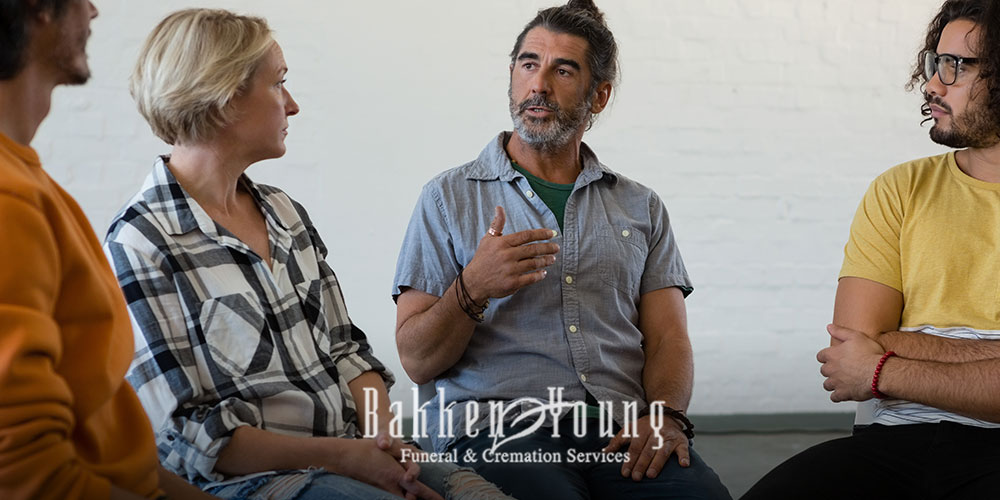Today we are talking about healthy ways to process grief. There are so many great podcasts out there. You can listen to be entertained, listen to make your workout go faster or listen to learn something new. Search any topic you may be interested in and I can almost guarantee someone is on a microphone talking about it.
Healthy ways to process grief is an episode of the ‘Cleaning up your Mental Mess” hosted by neuroscientist Caroline Leaf. In this episode she talks about some misconceptions on grief along with advice on how to process grief in a healthy way.
Grief Stages Can Be Unpredictable
The 5 stages of grief as described by the Kubler-Ross model are; denial, anger, bargaining, depression and acceptance. These 5 stages of grief can be helpful when looking at things you may go through as your grieve. However they can also lead people to believe that it is THE way that we are supposed to grieve and that if it follows any other path it is wrong.
This idea of “straight line grief” can be damaging if we believe it is the only way. The truth is we all grieve in our own ways. Experiencing grief stages “in order’ is possible. However, you may stay in anger or denial or you may take a decade to reach acceptance. Grief can come and go in waves and change over time. Each of us has our own unique way of grieving.
Some Healthy Ways to Process Grief
- Don’t Judge yourself
- Recognize we all grieve differently
- There is no timeline for dealing with and processing grief
One of the most important things to remember about healthy ways to process grief is to avoid comparing yourself to others. Everyone experiences grief differently.
Many of us have family members or loved ones who mean well but actually don’t help us feel better. They may try to coerce us into talking about grief when we don’t feel like it, or suggesting that we should be feeling more or be more emotional, or less emotional depending on the circumstances. As Dr. Leaf says, “we are not an expert on anyone else’s feelings”
No one should be forced to feel more deeply than what is natural for them.
Rather than trying to give advice and push people toward healing and “feeling better”, it is important to acknowledge their grief and ask what they need.
If you want to learn more check out the podcast here. Another concept that is important to carry with us is the importance of having a positive support system as we go through our own grief stories. Friends and family who can be empathetic listeners as well as professional counselors and therapists are each piece of the puzzle. Find more support here.


Add Comment